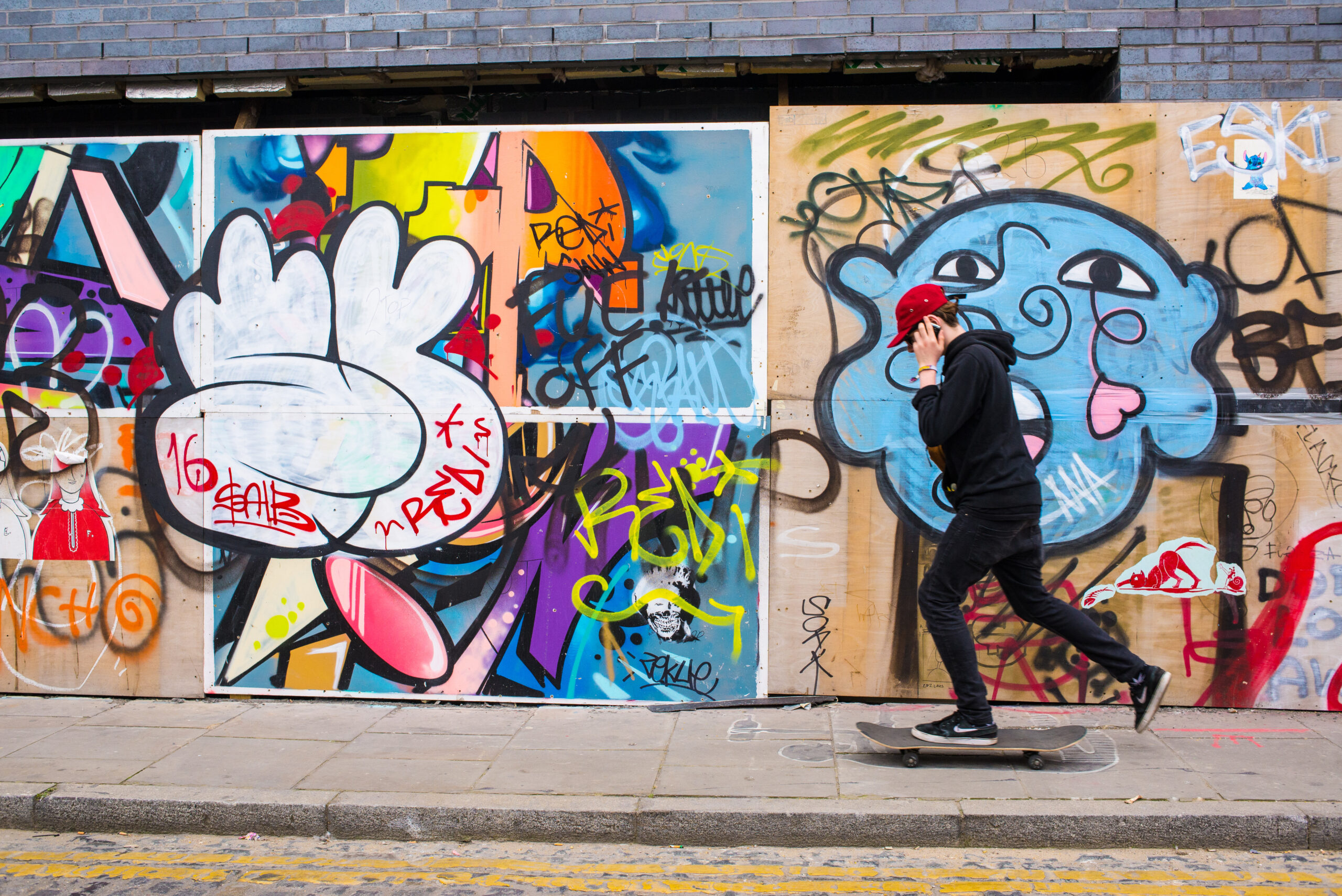
The charity sector faces challenges as fewer Britons donate
The charity sector faces challenges as fewer Britons donate
15 May, 2019
Public trust in charities has been dwindling these past three years as the result of a spate of scandals which have rocked the sector.
A survey released last week by the Charities Aid Foundation revealed that fewer people are giving to charity. The proportion of the UK public who gave money direct to charity in 2018 dropped to 57%, compared with 60% the previous year and 61% in 2016. Numbers giving money or sponsoring someone fell to 65%, compared with 67% in 2017 and 69% the year before.
Forty-eight per cent of people believe charities are trustworthy, according to CAF’s figures. The proportion explicitly disagreeing has risen to 21%, with the remainder neither agreeing or disagreeing. Among those aged 65 or over, traditionally the most regular supporters of charities, 46% agree and 23% disagree.
But the National Council for Voluntary Organisations (NCVO), the leading umbrella body for charities, believes the CAF figures say less about trust and more about deliberate changes in fundraising in 2018 in response to the earlier controversies and GDPR data protection rules that took effect last May.
Significantly, the CAF survey revealed that fewer people had been approached to make a donation in the street or on the doorstep last year or received direct mail requests. The overall amount raised from household donations remained steady, however, at £10.1bn.
In an increasingly challenging environment, the figures are a reminder of the need for charities to continue to work hard to re-establish public support. Whether it’s dented trust, the impact of GDPR or a combination of both, complete transparency and hard work will be crucial in the years to come.